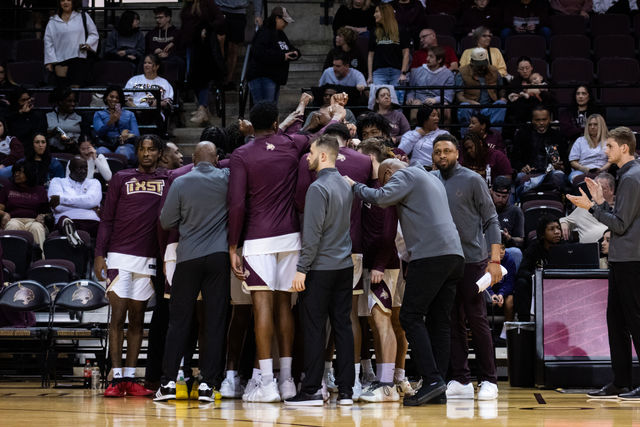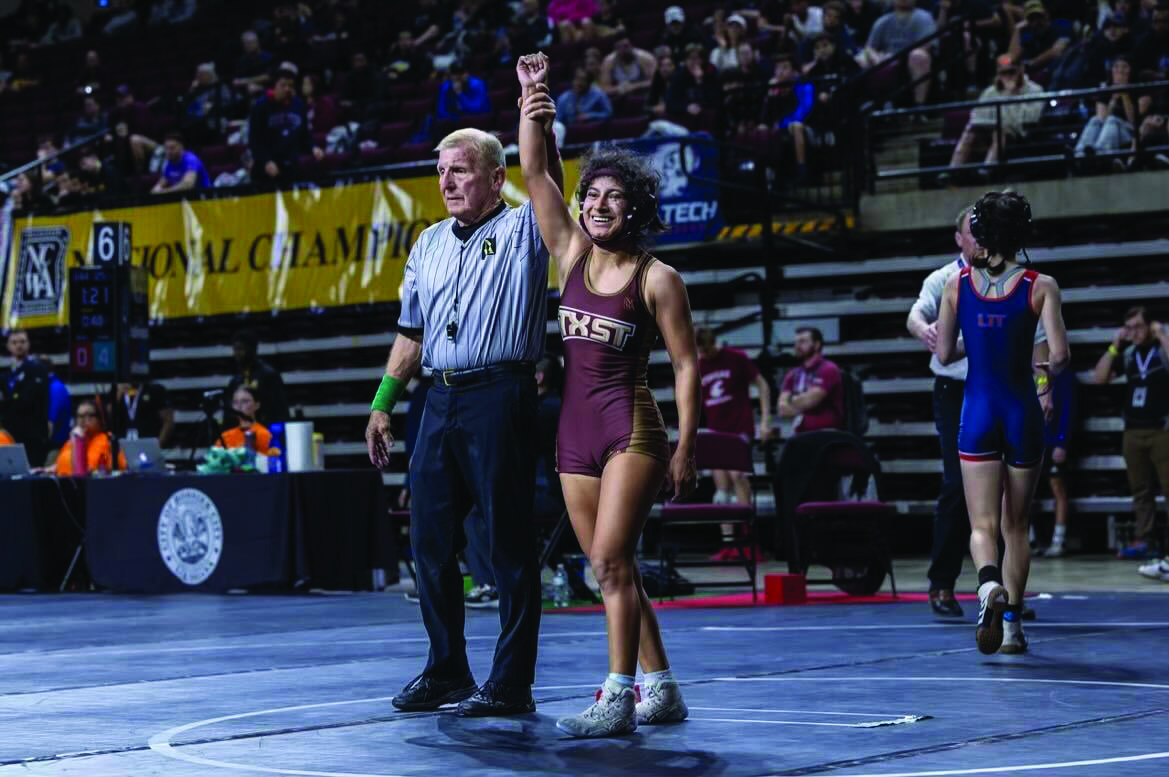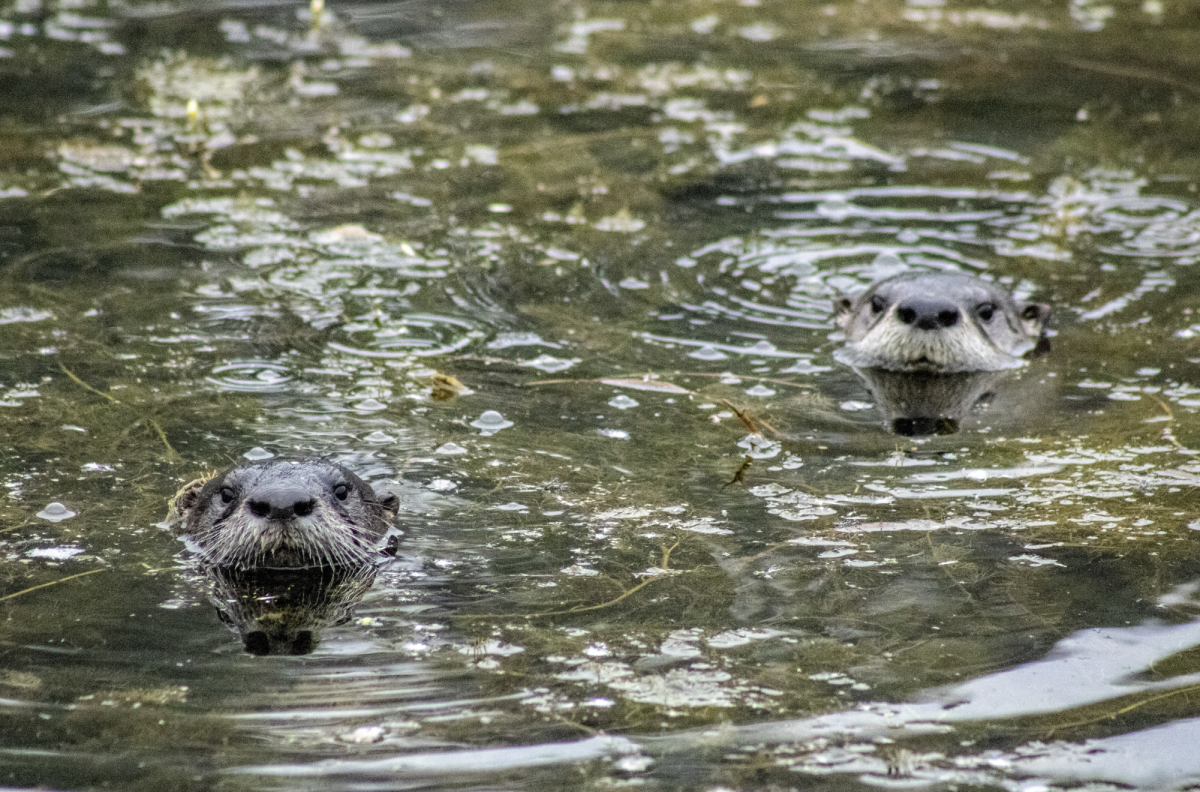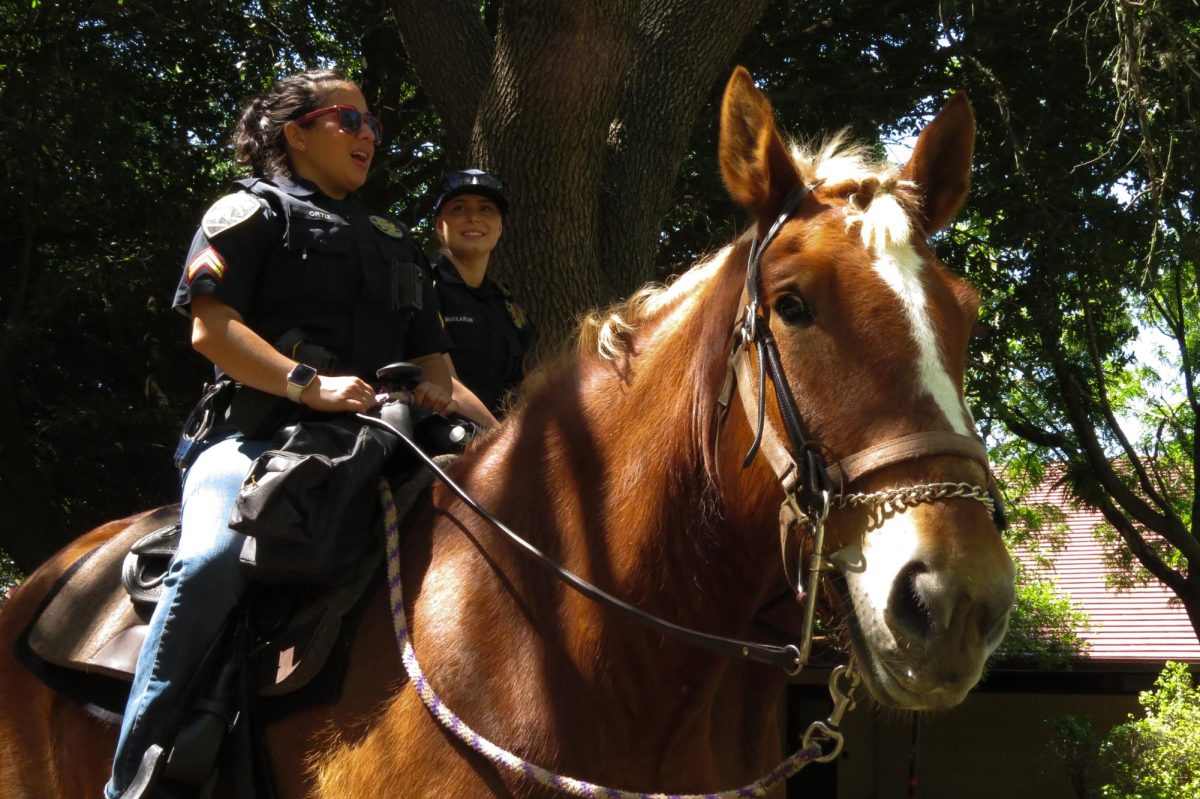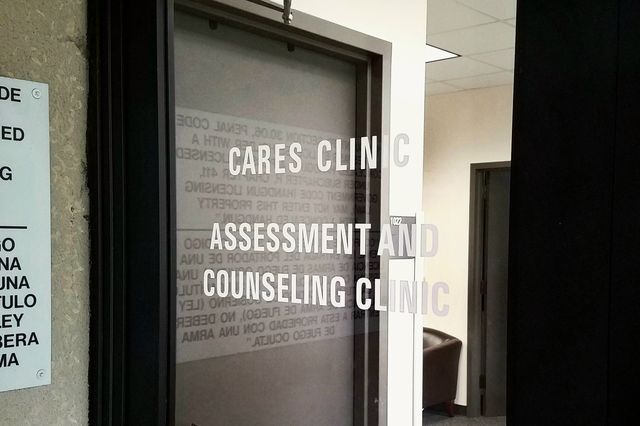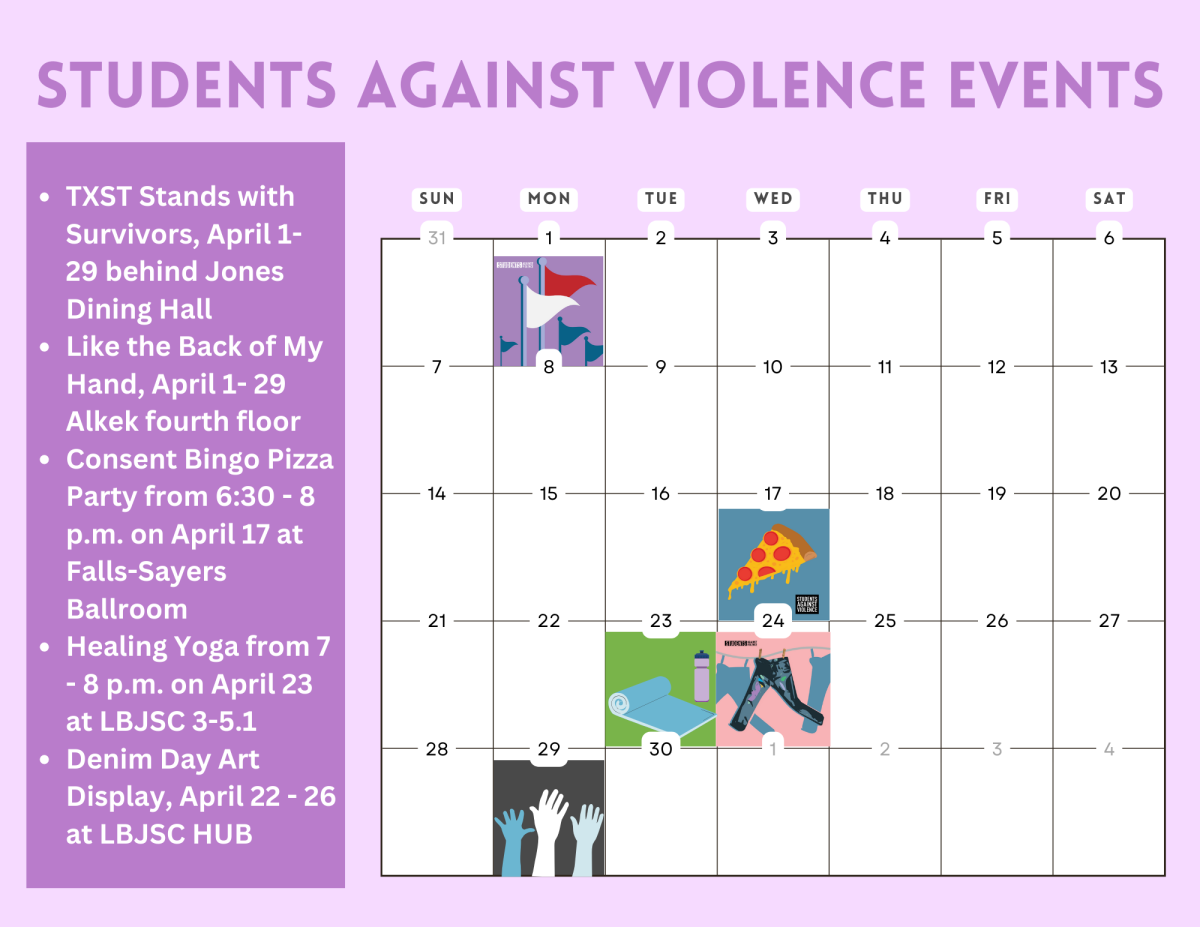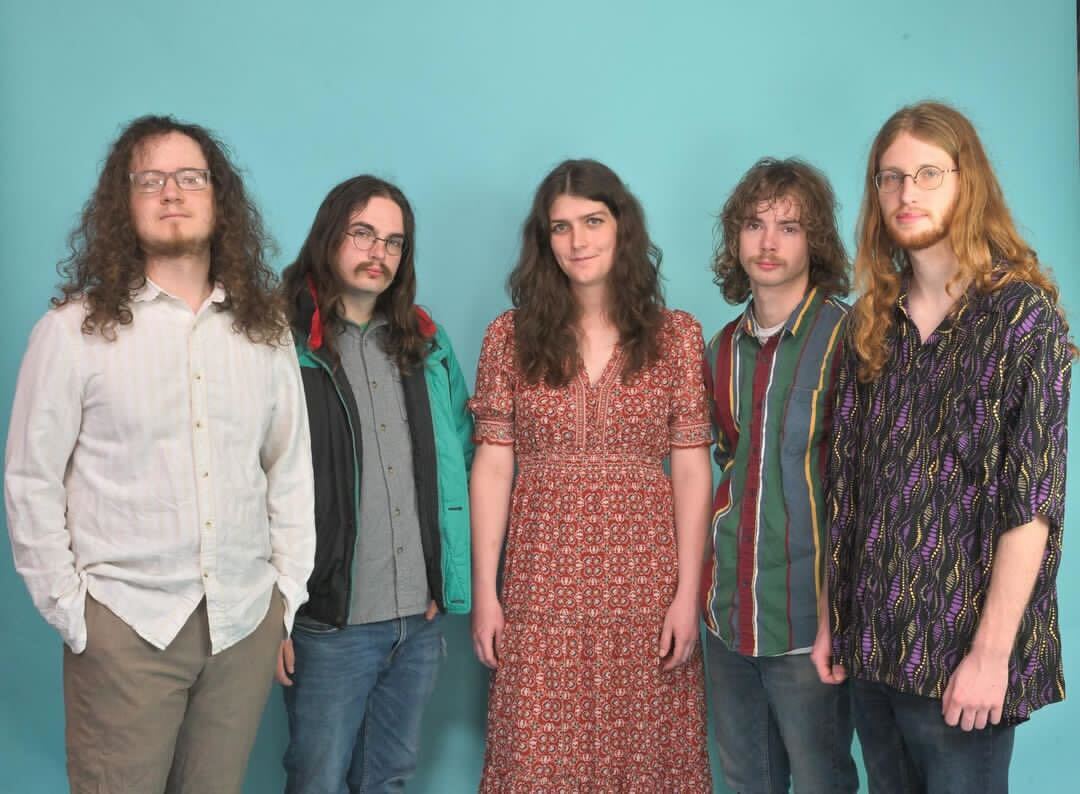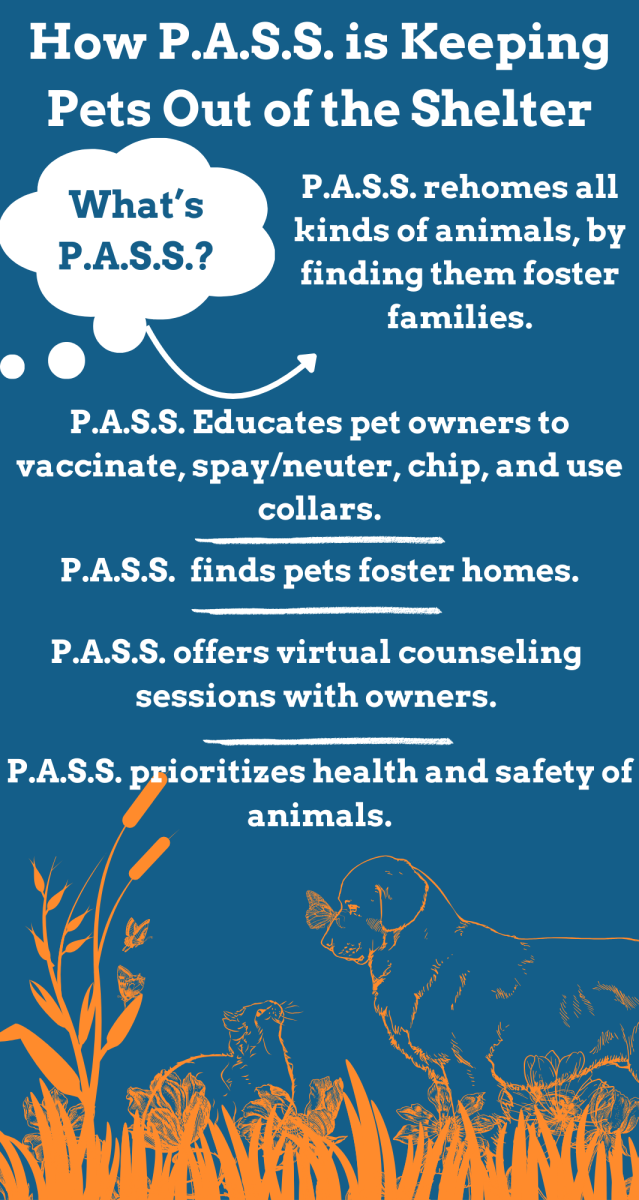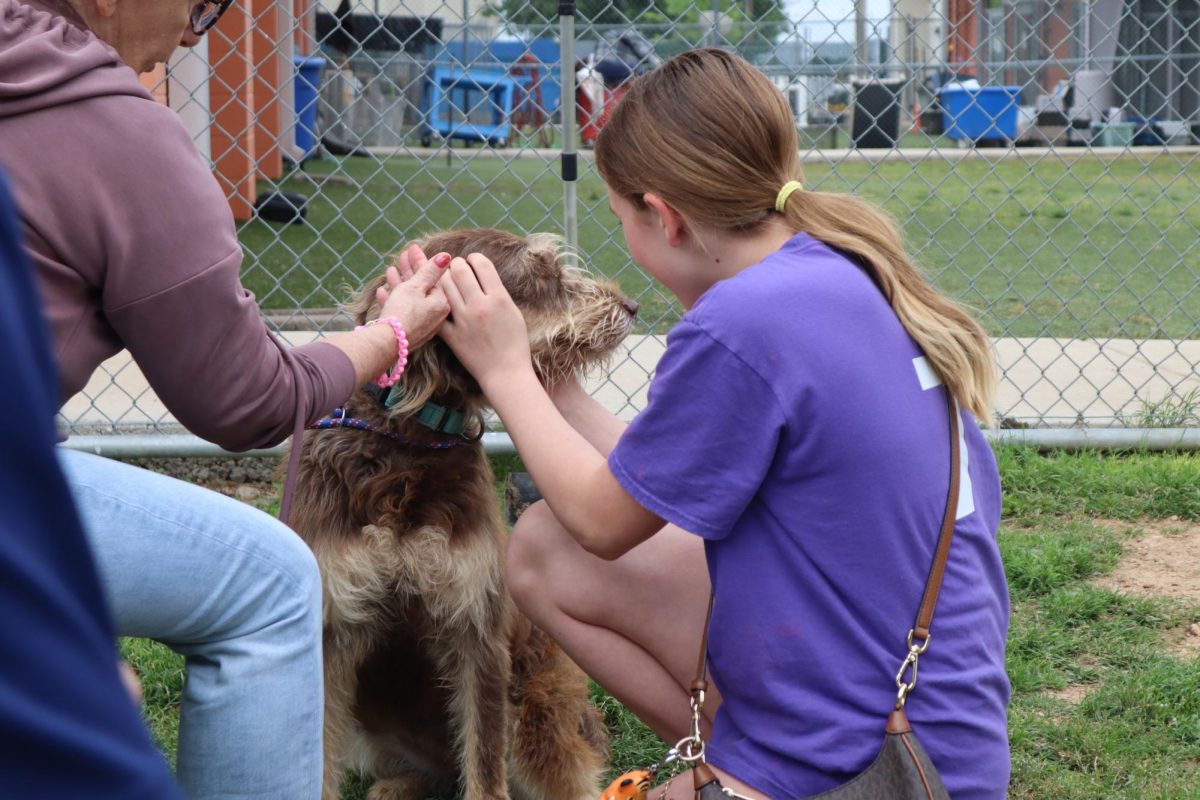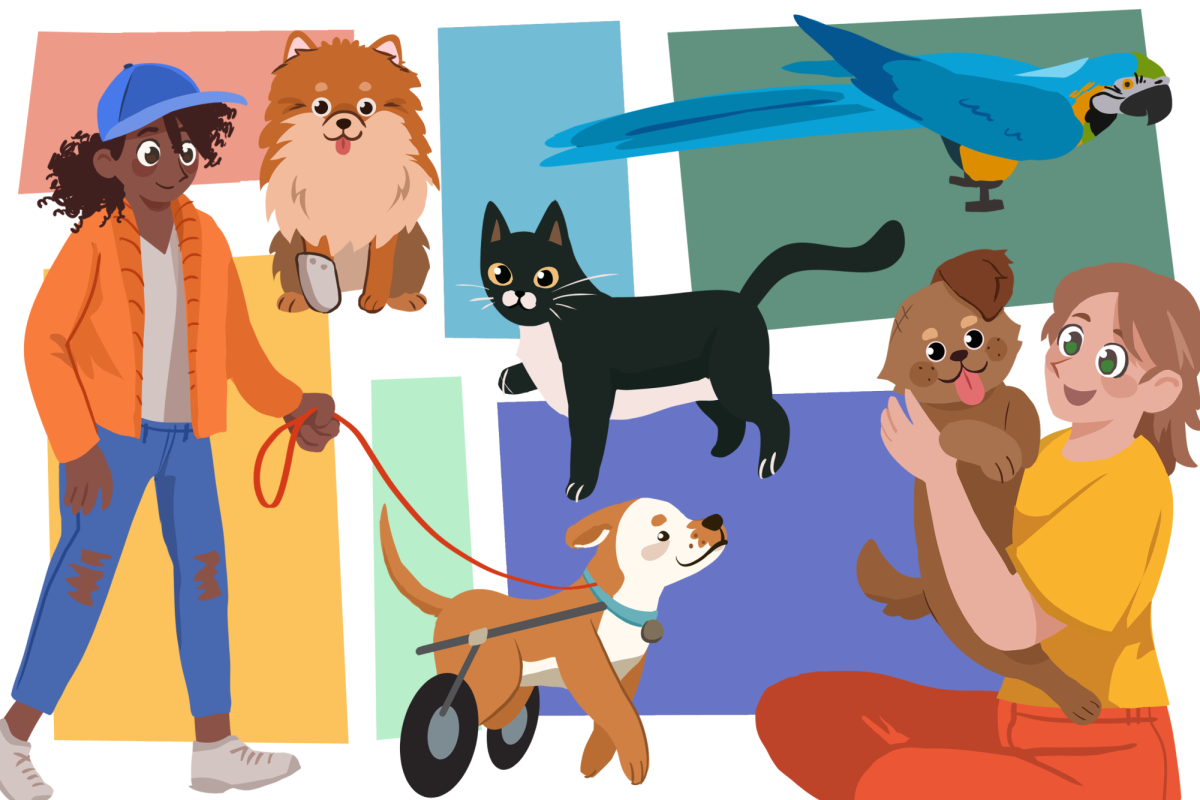World Autism Awareness Day was on April 2 but the Texas State community offers aid for those with autism year-round.
C.A.R.E.S., a Texas State clinic for autism research, evaluation and support, provides education for community members with autism and other developmental disabilities. The clinic works closely with school systems to ensure a productive learning environment for the autism community and provides assistance for families.
Molly James, special education graduate student, is a research assistant with C.A.R.E.S.
James said she has always been interested in and involved with special needs populations. Once she found out about the type of therapy involving social skills training and behavioral intervention programs C.A.R.E.S. offered, she was eager to assist. James said the approach C.A.R.E.S. takes is the best way to teach social skills and build up academic confidence for students who have autism.
“I fell in love with the practice right away,” James said. “It sets up a solid foundation for those with autism to succeed socially and academically.”
James said the most rewarding part of her job is witnessing students begin to achieve independence. She enjoys the looks on clients’ faces when they realize they don’t need to rely on someone else’s help.
“I love when I see (clients) realize, ‘Oh wow, look, I can now wash my hands or go to the bathroom and do tasks that other people may take for granted,’” James said.
James said she believes World Autism Awareness Day is important because it generates an awareness that not everyone learns or looks the same.
“Just because we look a certain way or talk to people a certain way doesn’t mean it’s the only way,” James said. not a very good quote. a little vague.
James said when an individual is confronted with someone who looks or sounds different, it may be intimidating. She said stereotypes about the autistism community can make it hard for people with autism to feel accepted in society.
The Office of Disability Services also offers optional academic accommodations to those on the autism spectrum.
Bruce Coonce, assistant director of ODS, said the office provides a point of contact for students with disabilities and ensures equal access to programs and courses.
Coonce said while students with autism tend to be very intelligent, they may face challenges on campus because they sometimes lack certain social skills that typically make it easier to operate in a college setting.
“(Some students) also struggle with being away from home for the first time.” Coonce said. “That can kind of be magnified for students with autism.”
Coonce said not all students on the autism spectrum are required to register with the office. He said students with autism do not make up a large percentage of the Texas State student population.
Only about 14.95 percent of those with autism attend a 4-year university, according to The National Center for Biotechnology Information.
A college setting can be daunting for any young adult, but those with autism can face extra obstacles. World Autism Awareness Day provides an opportunity to learn about the struggles students with autism face and how to be more compassionate towards them.


